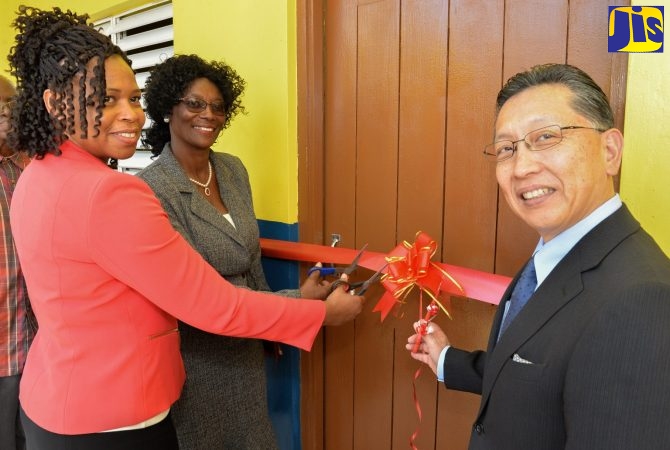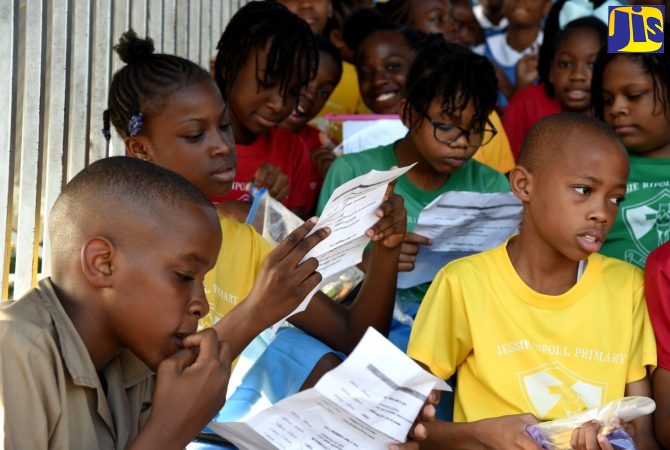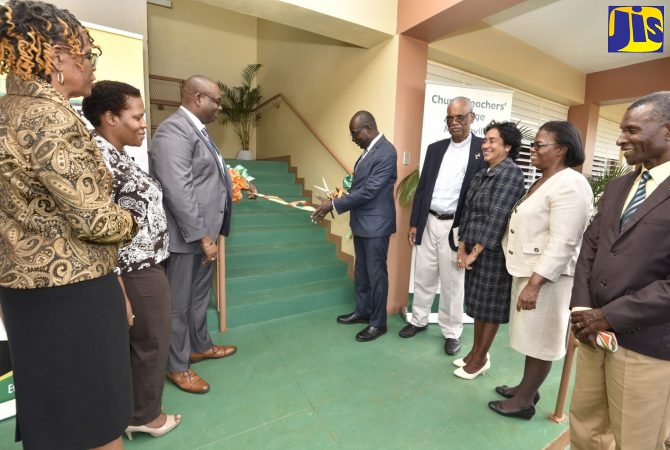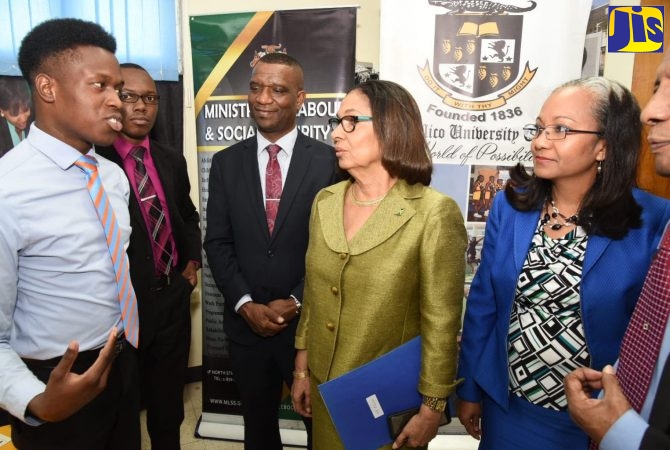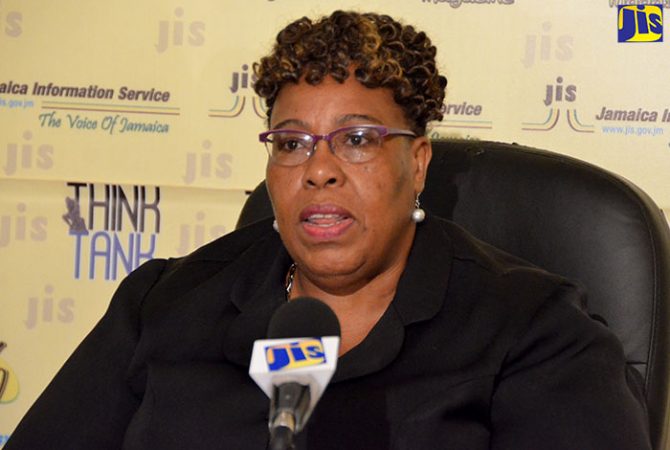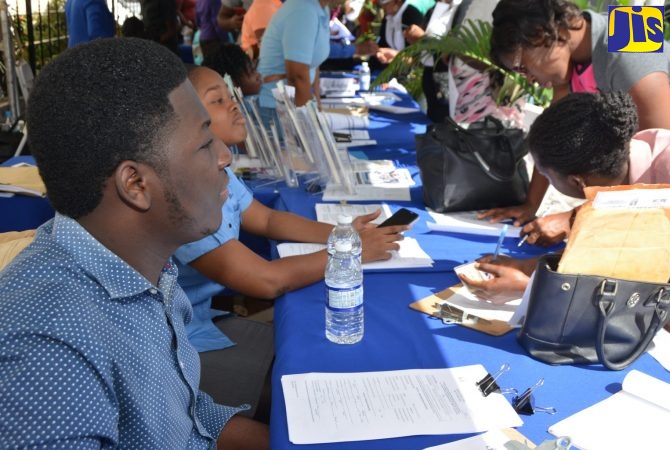JIS: State Minister for Education, Youth and Information, Hon. Alando Terrelonge, is imploring adolescents to refrain from participating in underage gambling, as this may negatively impact their education.
“Your education is the best gift that you can give to yourselves not gambling…Your education is the one thing that will last for the rest of your life. So do not gamble with your education. If you do gamble, you are gambling with your education,” he said.
The Minister was speaking at the awards ceremony for RISE Life Management Services’ adolescent gambling prevention all-island jingle competition, held on February 27 at the organisation’s downtown Kingston offices.
He noted that gambling can be a gateway to substance abuse, including alcohol and drugs, delinquency in school as well as other antisocial behaviours.
Mr. Terrelonge also appealed to stakeholders in the betting and gaming industry to discourage children from gambling.
“Don’t allow the young students to come into your institutions and gamble away their lunch money… . Don’t allow our children to gamble their education away,” he urged.
He lauded RISE Life Management Services and its partners for staging the jingle competition, which seeks to create awareness about the dangers of indulging in underage gambling.
The entity’s Executive Director, Sonita Abrahams Burrows, said that since 2017, 4,000 youth have been sensitised about the consequences of underage gambling.
“This year, we have increased our target to some 16,000 students across Jamaica,” she noted.
Grade-five student of Holy Family Primary School in Kingston, Malique Brown copped first place for his jingle, walking away with a cash prize of $50,000.
The duo of Jahiem Jackson and Ackeem Johnson from Gaynstead High School in Kingston received the second-place cash prize of $30,000, while grade-nine student of Ferncourt High School in St. Ann, Vernando Bailey, received the third-place prize of $20,000. The jingles will be professionally produced for airplay.
Some $176,000 in cash prizes was awarded to shortlisted participants, as well as trophies and medals.
The competition was open to school-based youth at the primary and secondary levels, who were asked to make submissions under the theme ‘Underage Gambling Will Lead to Disaster; Focus on Education and Be Your Own Master’.
The annual initiative seeks to eliminate underage gambling by creating greater awareness about the consequences among stakeholders. It is illegal for persons under the age of 18 to gamble.
RISE Life Management Services operates the only gambling-prevention, treatment research and responsible gaming programme in the Caribbean.
CAPTION: State Minister in the Ministry of Education, Youth and Information, Hon. Alando Terrelonge (second right), presents Holy Family Primary School student, Malique Brown, with the winner’s trophy in RISE Life Management Services’ adolescent gambling-prevention jingle competition. The awards ceremony was held on February 27 at the entity’s downtown Kingston offices. Sharing the moment are Vice President of Marketing, Communication and Sponsorship, Supreme Ventures Limited, Gail Abrahams (second left); and Executive Director of the Betting, Gaming and Lotteries Commission (BGLC), Vitus Evans.




